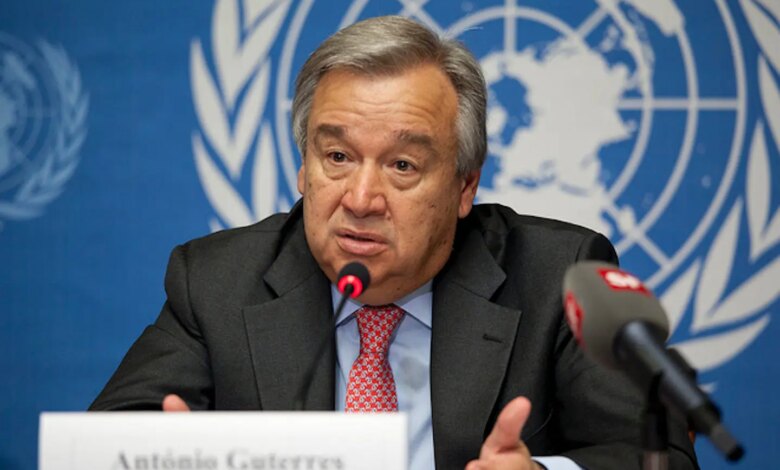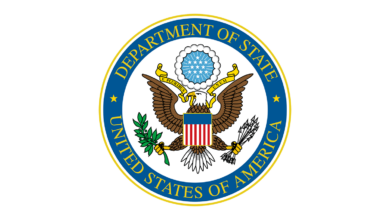Nations sign UN treaty against scams, explicit image sharing

Sixty-five nations have endorsed a United Nations treaty against cybercrime, the first international agreement that criminalizes the unilateral sharing of intimate images.
The treaty establishes the first universal framework for investigating and prosecuting offenses committed online, including sextortion, ransomware, and financial fraud, among others.
UN Secretary-General António Guterres described the signing, which took place Saturday in Hanoi, Vietnam, as a significant step toward a safer digital world.
According to Guterres, the Cybercrime Convention is a powerful, legally binding instrument to strengthen collective actions against illicit internet activities.
“It is a testament to the continued power of multilateralism to deliver solutions,” he said. “A vow that no country will be left defenceless against cybercrime.”
Guterres decried how vulnerability can expose people and institutions, and how scams defraud families, steal livelihoods, and drain billions of dollars from economies.
The UN chief said the convention represents a victory for victims of online abuse and a clear pathway for investigators and prosecutors to overcome the barriers of foreign jurisdictions.
In a message read out by Russia’s Prosecutor General Alexander Gutsan, President Vladimir Putin commended countries for making the “historic event” possible.
Putin recalled that in 2019, Moscow advanced a comprehensive international treaty on countering the use of information and communication technologies for criminal goals.
The president linked cybercrime to “terrorism, propaganda of extremist ideology, and illegal trade in drugs and weapons,” which pose a serious threat to the security of citizens and states.
Putin assured that Russia remained open for international cooperation to combat the challenge and encouraged governments to use the convention to counter unlawful actions in the digital sphere.
The UN Office on Drugs and Crime played a major role in the signing, which attracted senior government officials, diplomats, and experts from across the globe.
Adopted by the UN General Assembly on December 24, 2024, the cybercrime treaty will become effective 90 days after the deposit of the 40th instrument of ratification and approval.





